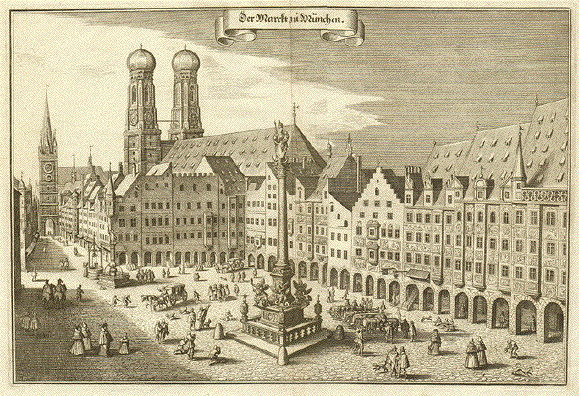
Story Highlights
- Historical event
- 14 June 1158
- The name of Munich originated from Late Latin and Old High German term for monks. Namely, Munich was established at the place where the Benedictine monks had a monastery.
The earliest preserved written document in which the city of Munich is mentioned was dated on this day in 1158.
Specifically, at that time the powerful Duke of Bavaria and Saxony, Henry the Lion, built a bridge over the river Isar next to a place where Benedictines had a monastery.
It was precisely the Benedictine monks after which the city of Munich was named.
The name of Munich originated from Late Latin and Old High German term for monks.
Namely, Munich was established at the place where the Benedictine monks had a monastery.
In fact, the Latin name for Munich today still reads Monacum, while in Italian it is read as Monaco di Baviera (to distinguish it from the Principality of Monaco).
Duke Henry the Lion (German: Heinrich der Löwe) lived in the time of Emperor Frederick Barbarossa and was one of the most powerful men in Germany.
He is considered the founder of Munich, although some kind of settlement on the site of the town probably existed before his time.
It is interesting that Munich became the capital city of Bavaria only in the 16th century.
Over the centuries, it surpassed Bavarian cities that were once more important (i.e. Augsburg, Nuremberg and Regensburg) by its significance.
It is interesting that Munich was not a seat of the bishop and that it did not have a cathedral for a long time.
Adjacent Freising was the episcopal residence, and only at the beginning of the 19th century was the Archdiocese of Munich-Freising created.




